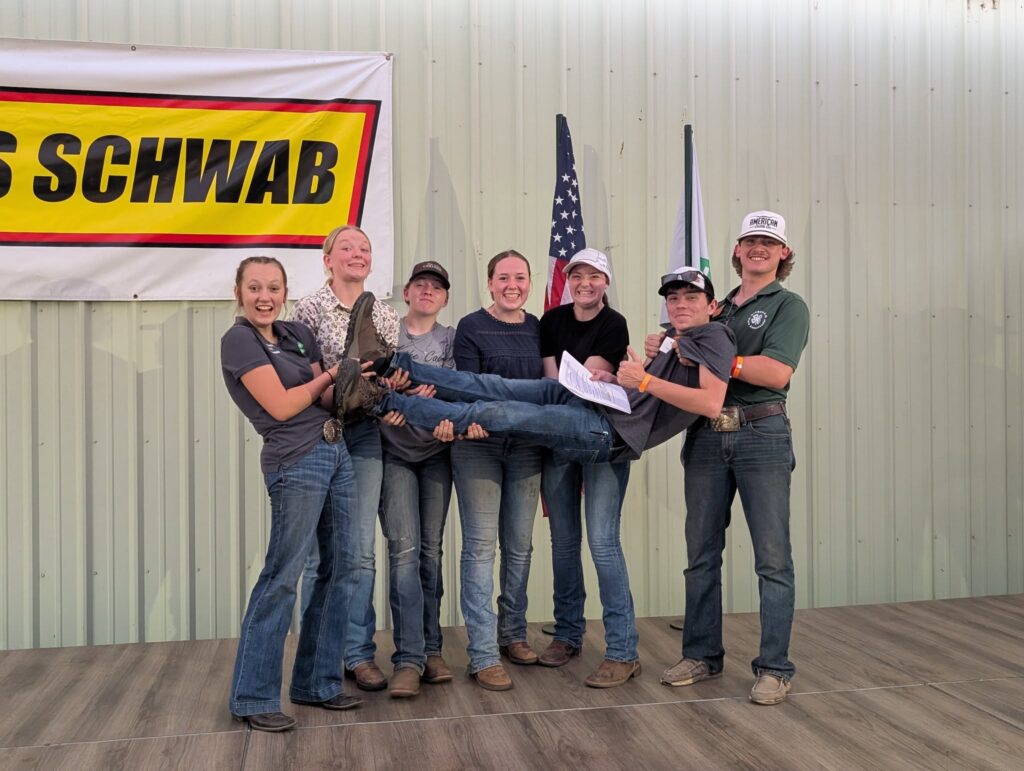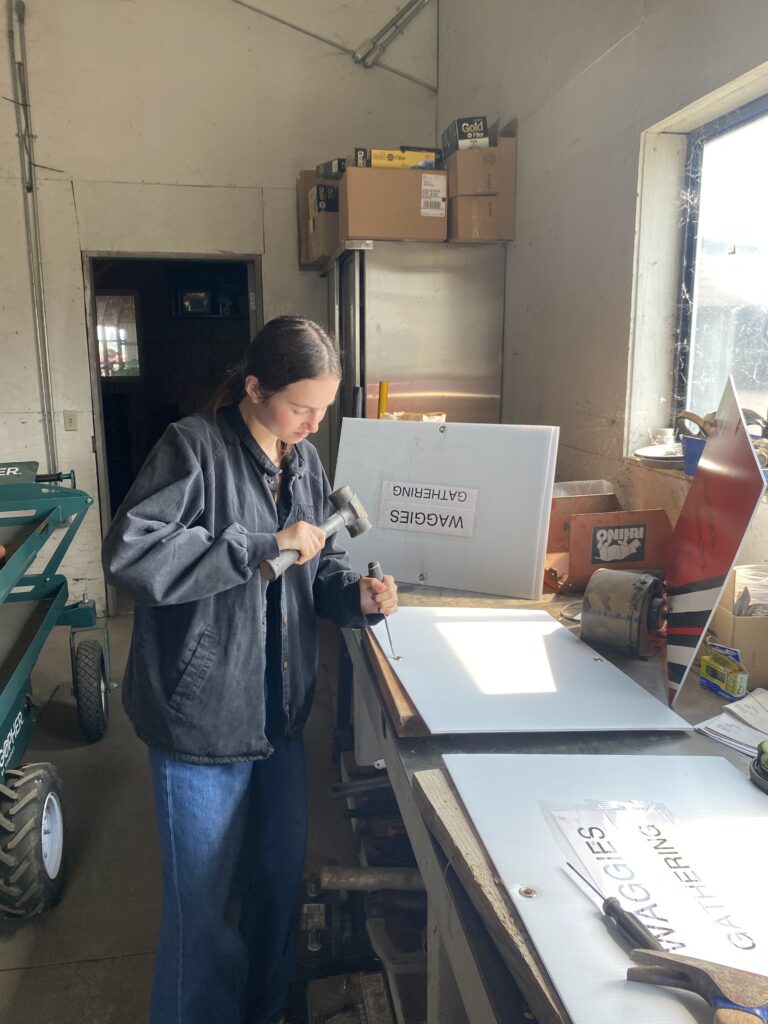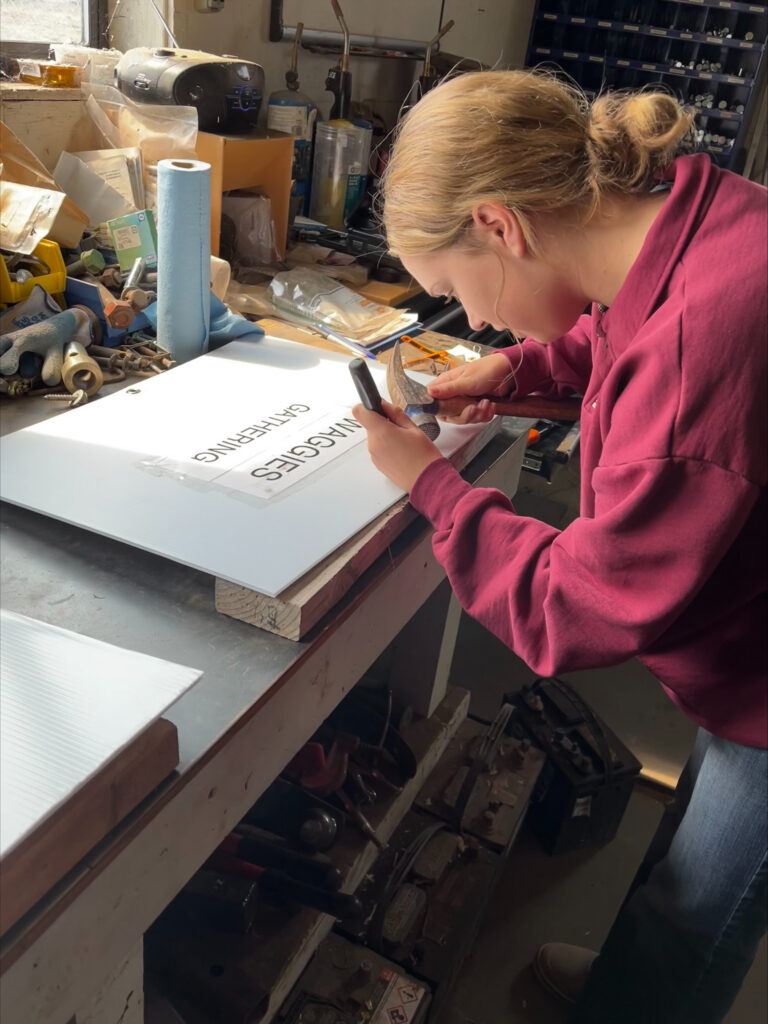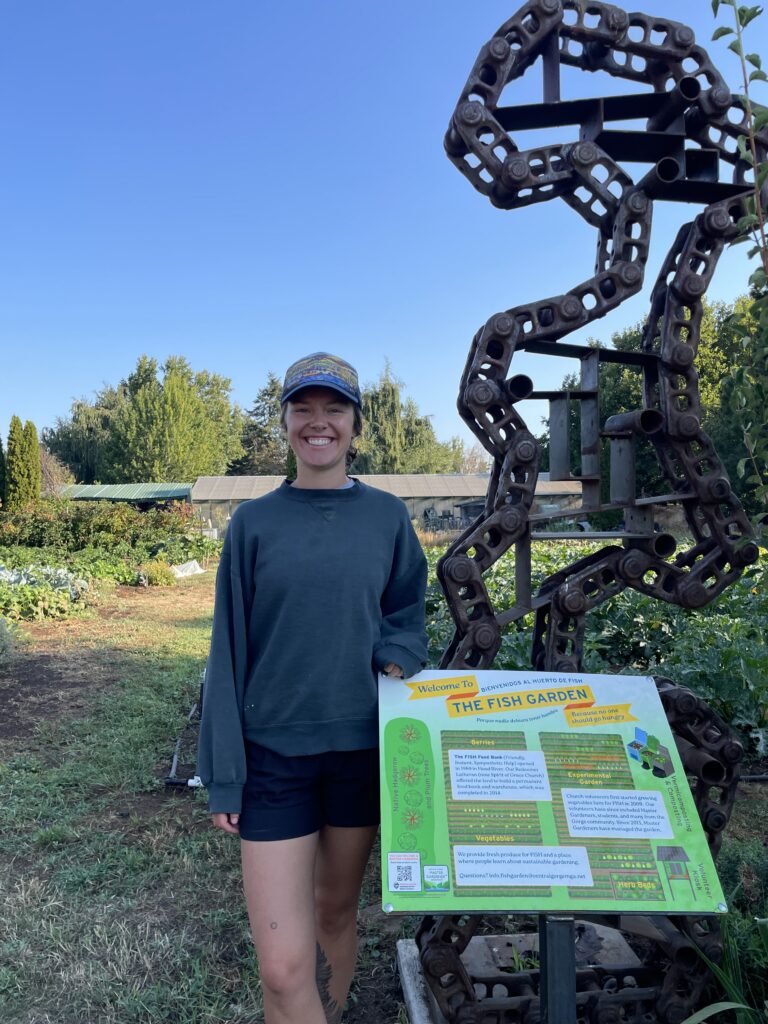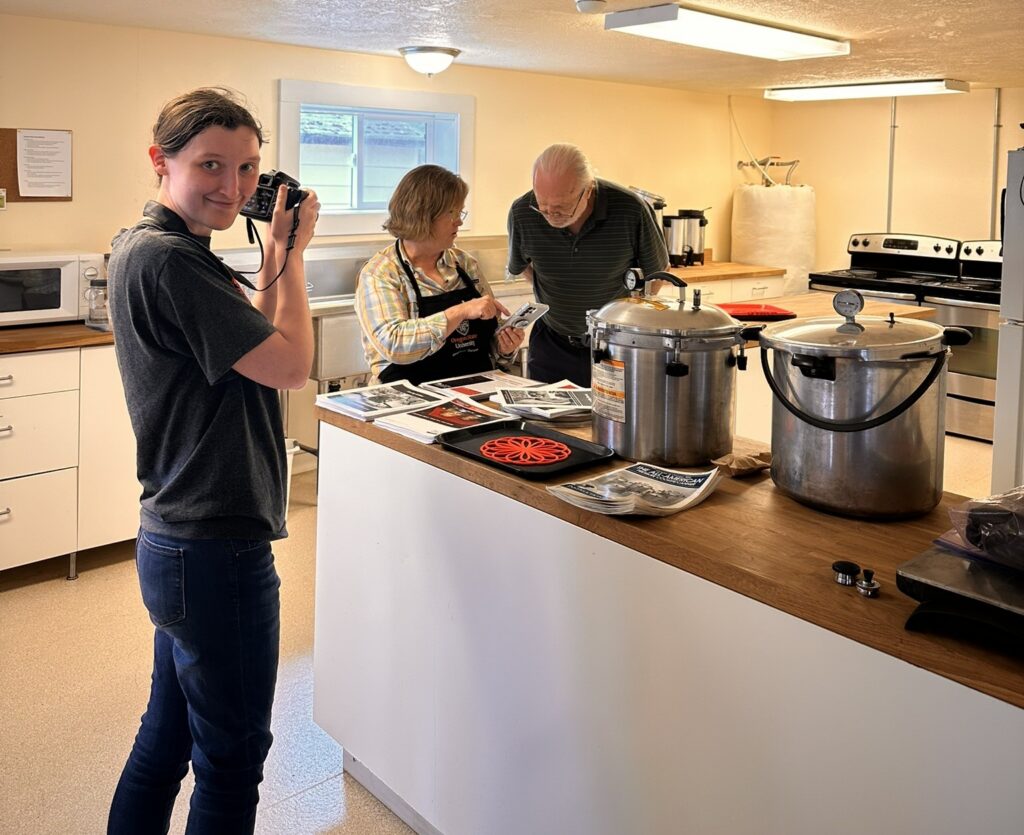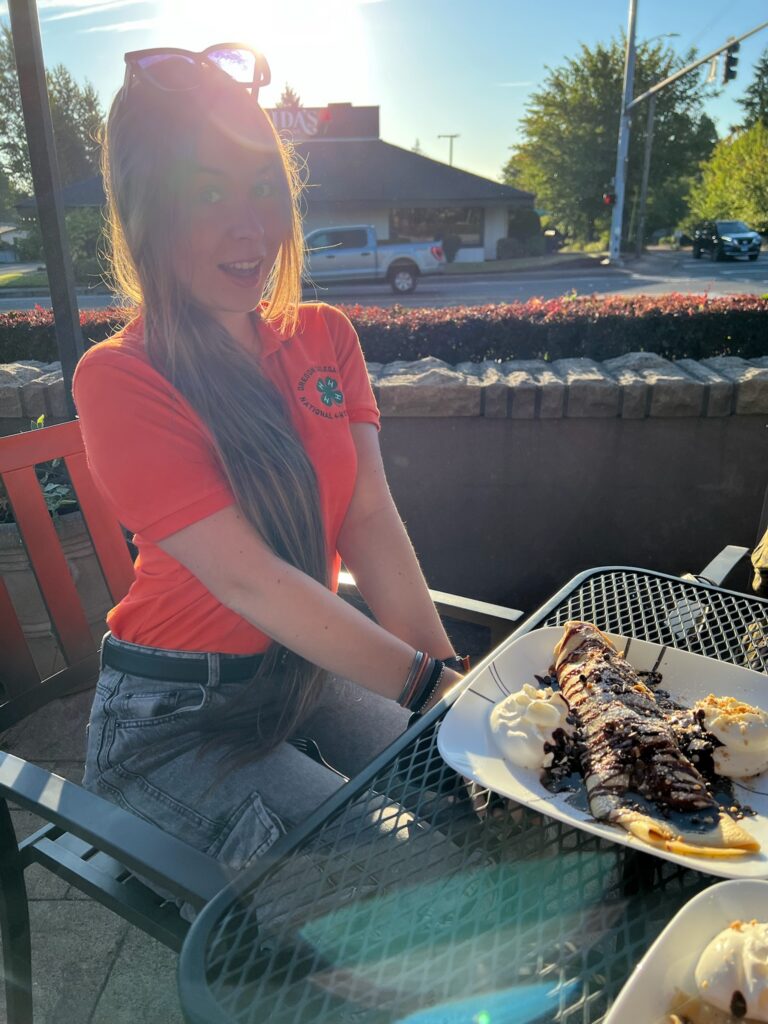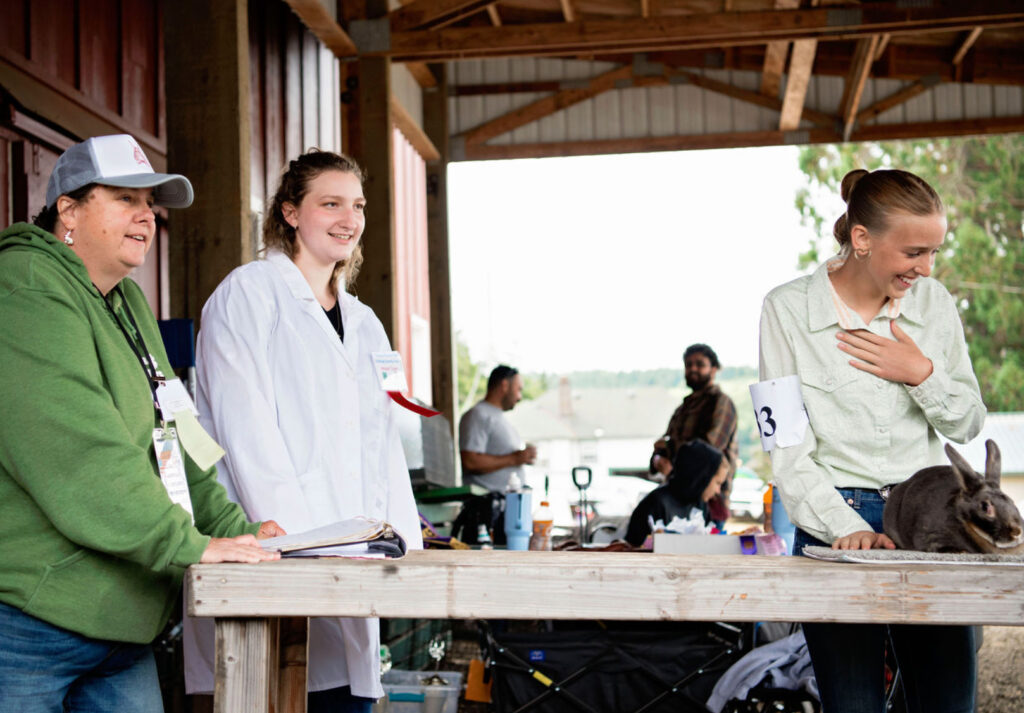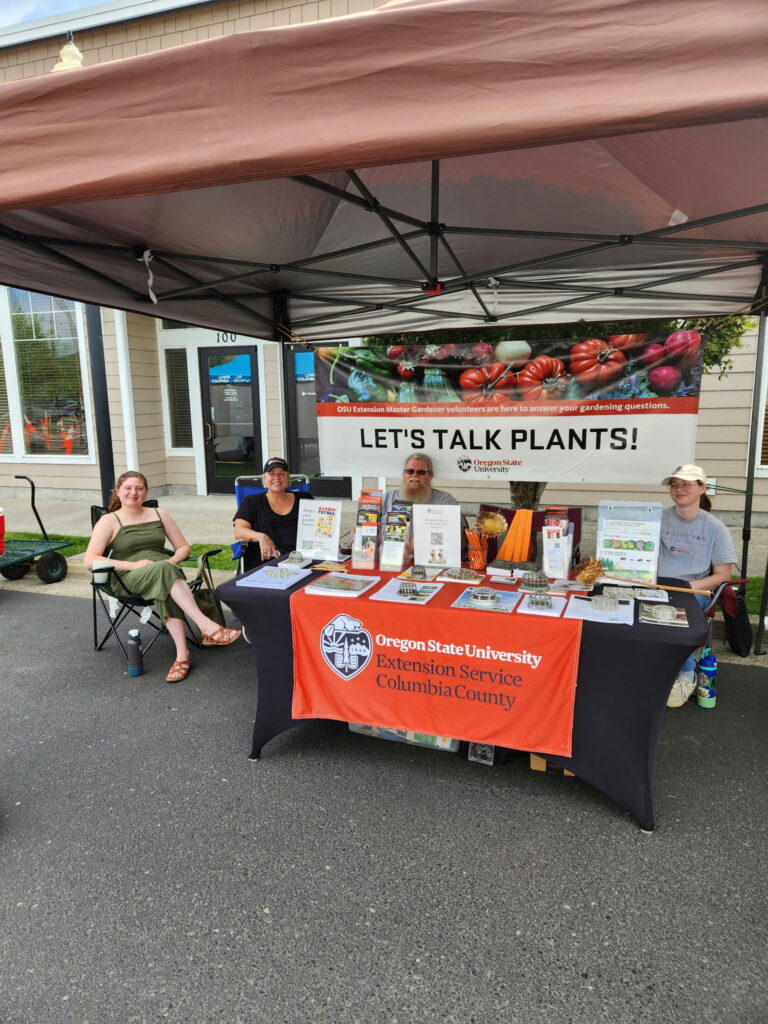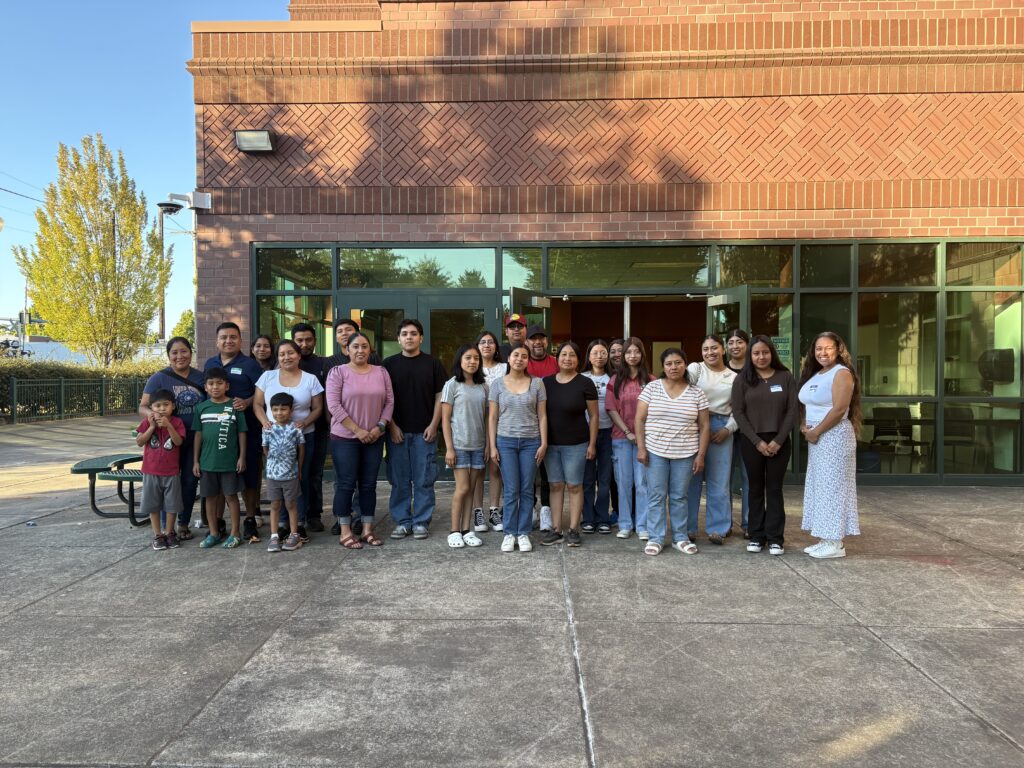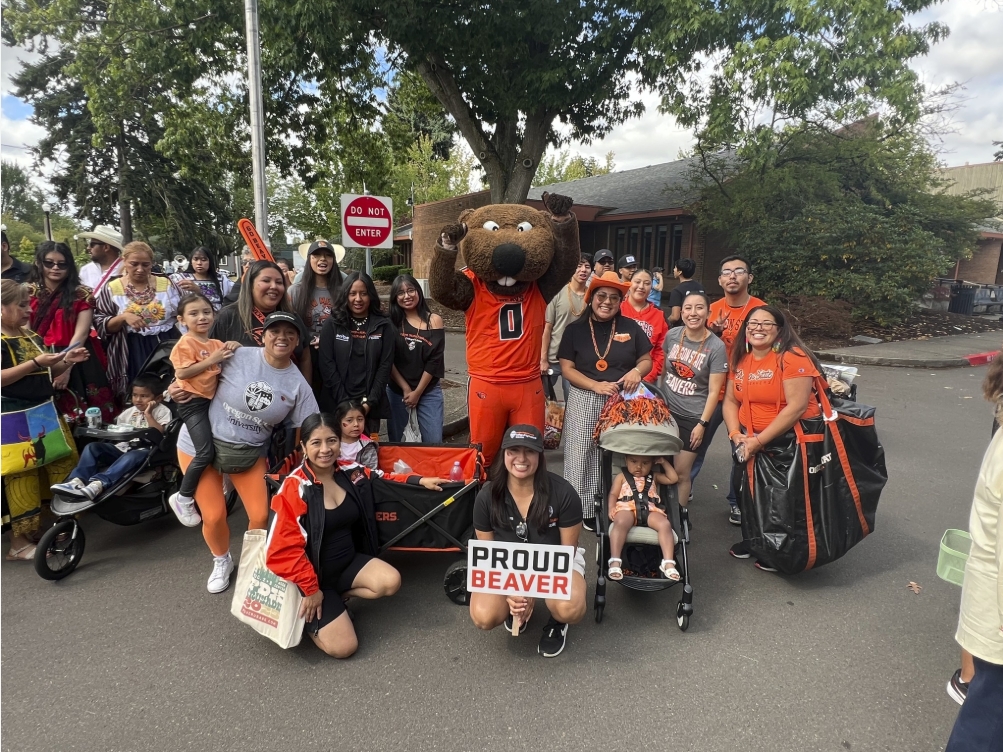Hi, my name is Cydney Stables, and I am the Agritourism intern for the Marion, Polk and Yamhill
County offices. A major part of my internship is traveling to Agritourism operations across the
state, surveying their customers for a day. We are collecting their information in a consumer
sentiment research project to help understand the value Agritourism serves in our
communities.
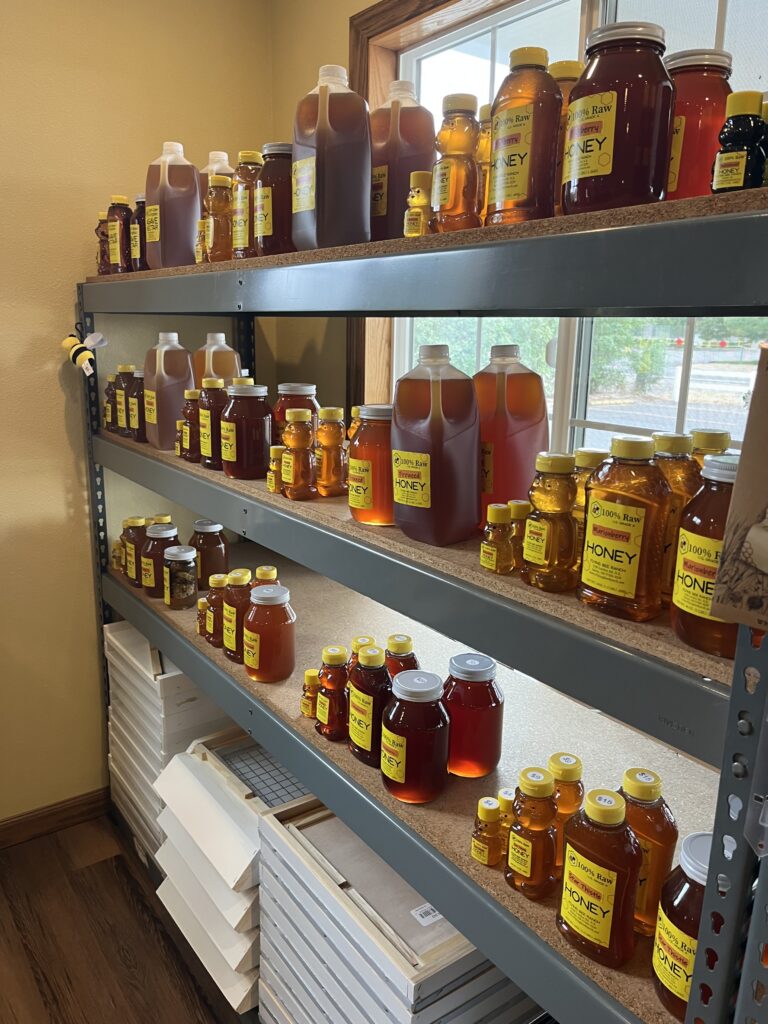
Our questions include topics of reasons for visiting the farm, distance traveled to get to the
farm, amount of money spent, overall satisfaction with their on-farm experience, best ways for
farmers to connect with consumers and why farms in general should be open to the public?
Several of these topics spark conversations with consumers and farmers alike. I have had the
opportunity while surveying to chat with individuals at the farm and learn more verbally about
their perspectives, experiences and personal opinions surrounding agriculture. I have found that
for consumers, the main reasons as to why Agritourism should exist seem to reside around
having the availability of locally grown products, the exposure to agricultural operations, a way
for farmers to make income and simply an activity to do with the family. To me, each of these
are important indicators that Agritourism is essential to educating consumers about the
agriculture industry.
Besides talking with consumers, I have also had the opportunity to speak with passionate
farmers and learn more about their challenges, goals and what they wished the public knew
about farming. My most recent experience of this was with the owner of Flying Bee Ranch in
Salem. Jeremy owns and manages a small honey operation where they host guests at a tasting
room on the farm, attend local farmers markets and provide direct-to-consumer products at
local stores. He sat down towards the end of my day surveying and chatted with me all about
his views as a farmer when it came to regulations surrounding Agritourism and the impact his
farm has on his customers. Some of these views include the difficulty he faces only owning a 5-
acre plot of land and trying to produce a living, the uncertainty of weather and other opposing
events impacting his daily sales and even a trend he has noticed when attending markets that
involves competing with what consumers define as “local.” Each of these concerns are topics
that Jeremy and likely many other small farmers worry about regularly, yet customers likely
never even realize.
To me, these conversations have been the most impactful part of my internship experience so
far. Coming from a small farm background and having the opportunity to network, learn and
experience how other small farms across the state of Oregon operate, the challenges they face
and the ways in which they are successful, has been extremely worthwhile.
I can’t wait to continue surveying farms across the state as I complete my internship. I am
excited to learn, network and collect research that will help aid in the awareness and
excitement surrounding a small sector of the agriculture industry.
